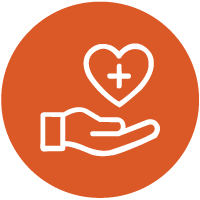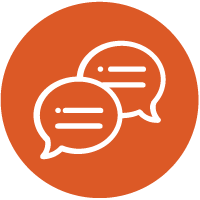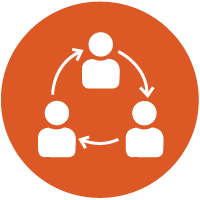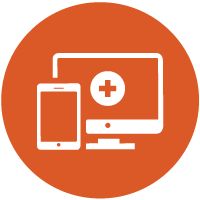Guide to health literacy
Contributing to trust building and equitable access to healthcare
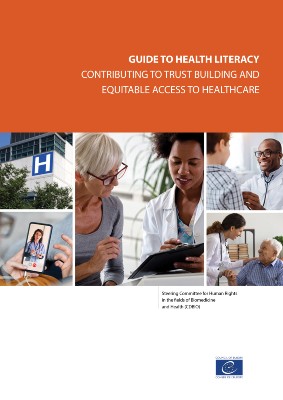
With focus on the health literacy needs of individuals and the corresponding responsibilities of health systems, the guide aims to be an informative online resource, illustrated by good practices and tools. It contributes to building trust and equitable access to healthcare by suggesting ways in which decision-makers and health providers can implement health literacy at various individual, organisational, and political levels.
Guide outline
To support the development of more accessible and inclusive health systems, the guide comprises five actionable components for health systems and users of health systems, namely: access to valid health information; access to appropriate care; communication between individuals, health professionals and health authorities; shared decision-making regarding treatments and care; access to digital spaces to understand and use health services. It covers ways to improve health literacy policy, research and practice, and refers to collaboration with health literacy communities.
Target audience
The guide is intended for decision-makers, health professionals and health providers to help them identify the needs of individuals in accessing healthcare, and to undertake corresponding responsibilities in healthcare, disease prevention and health promotion.




